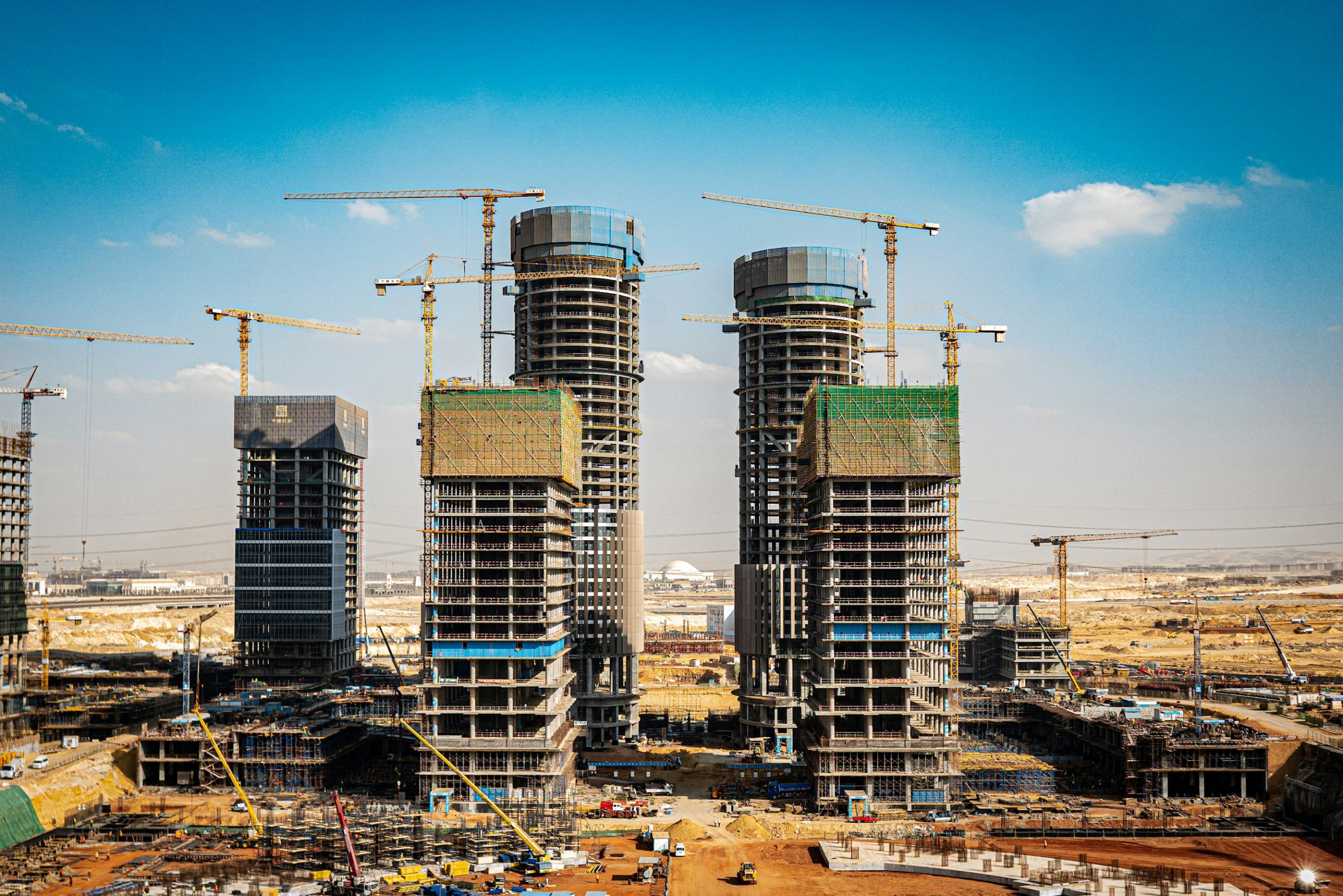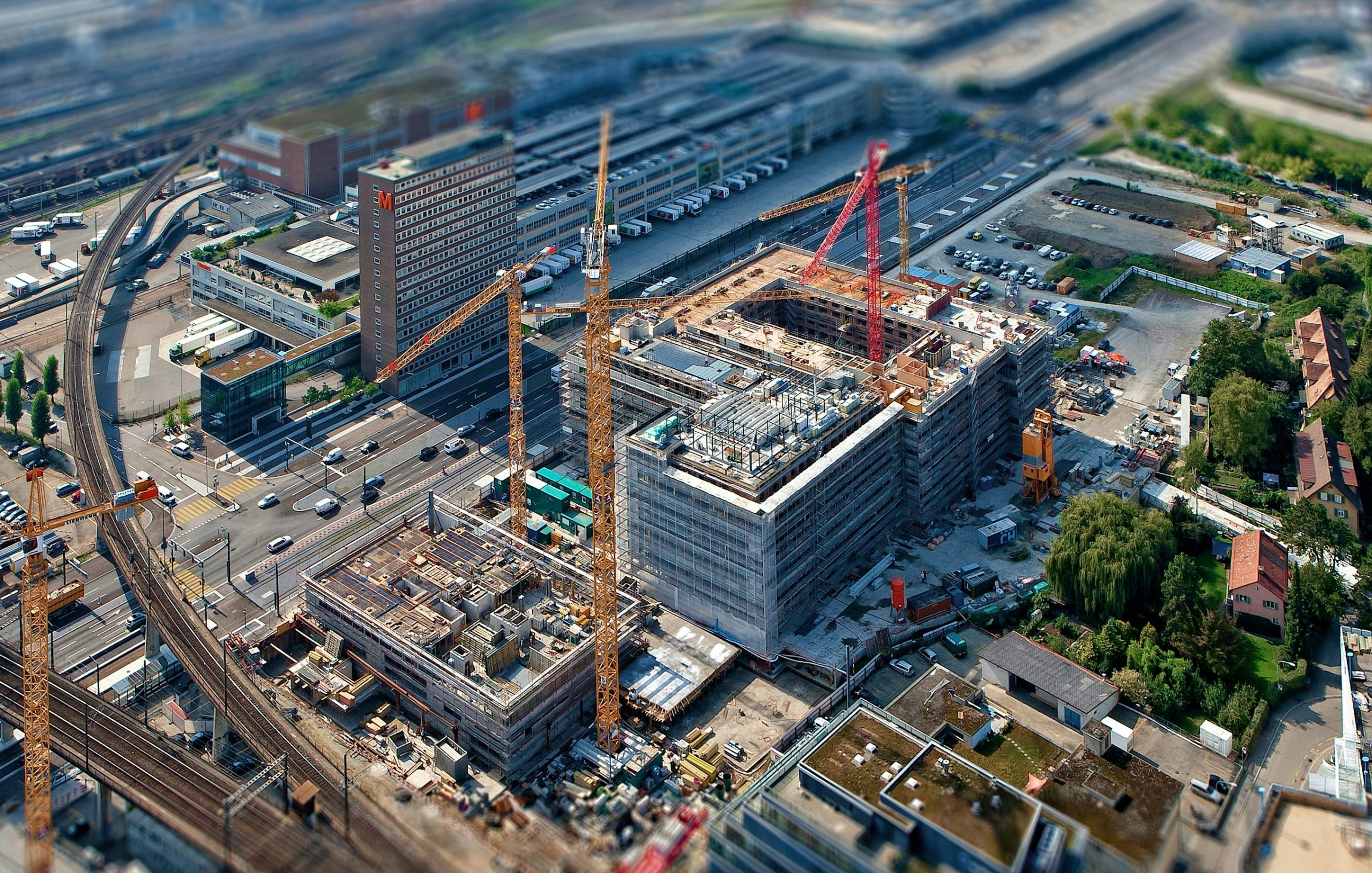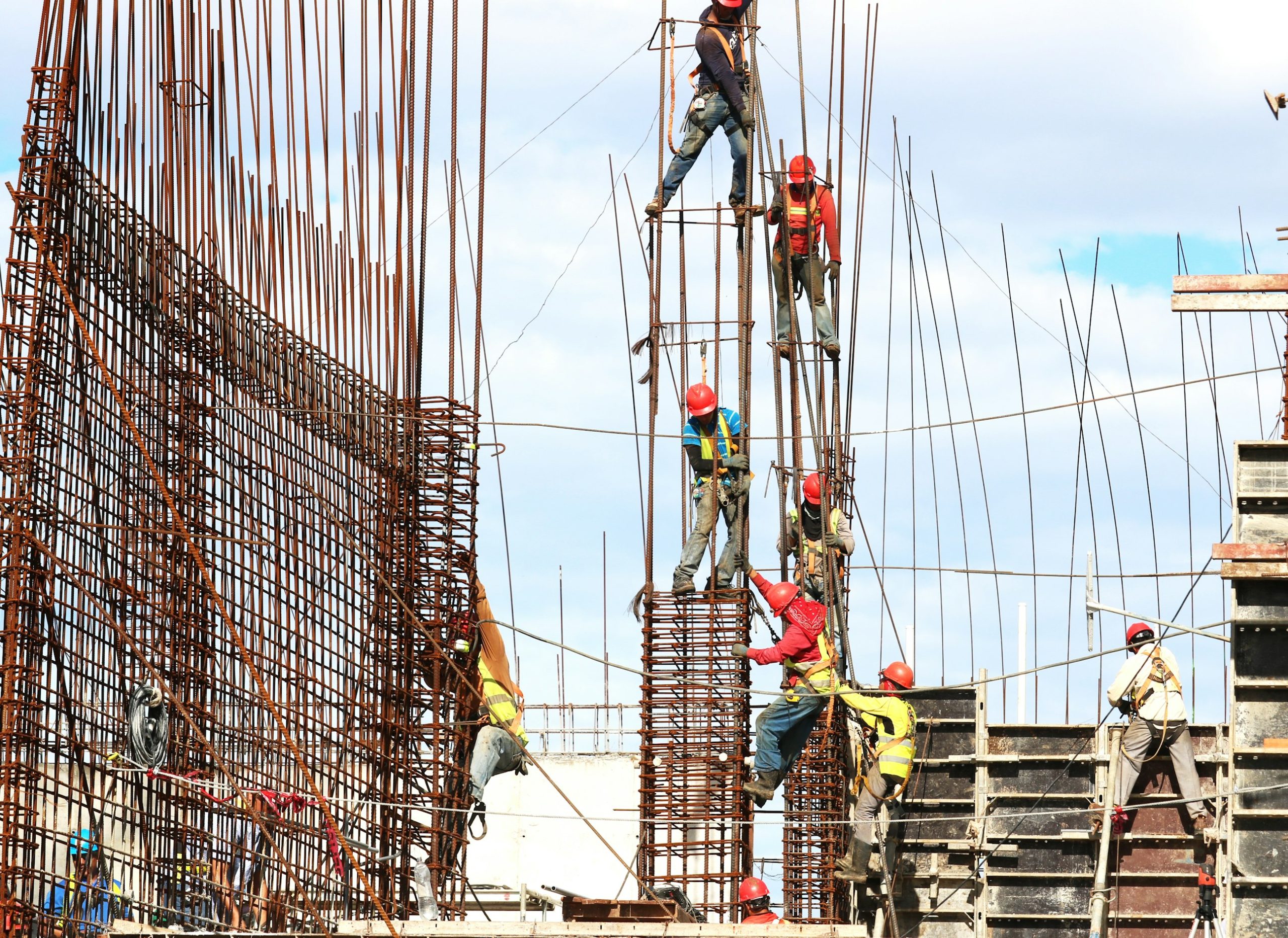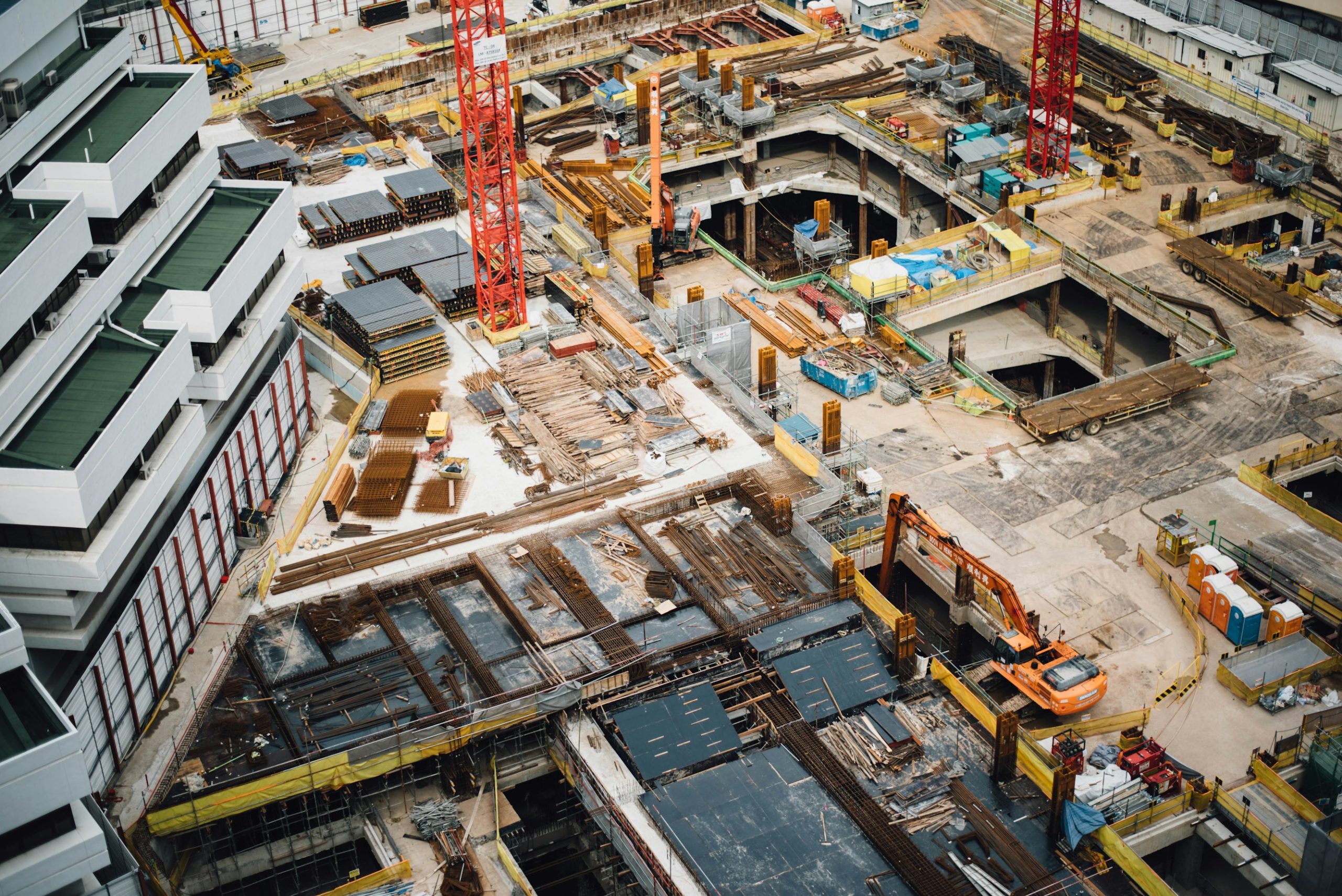The Role of AI in Construction Cost Optimization
Introduction
The construction industry, with its complex projects and massive budgets, is increasingly leveraging Artificial Intelligence (AI) to optimize costs, enhance efficiency, and improve project outcomes. Here’s a detailed look at how AI is transforming construction cost optimization.
Key Components of AI in Construction Cost Estimation
- Data-Driven Models: AI relies on comprehensive and diverse datasets to create models that accurately predict construction costs. The more extensive the dataset, the more refined and reliable the models become.
- Machine Learning: Machine learning algorithms enable AI systems to learn from data patterns and make predictions without explicit programming. This continuous learning improves the accuracy of cost estimates over time.
- Natural Language Processing (NLP): NLP allows AI to extract valuable information from textual documents such as contracts and specifications, ensuring all relevant data is considered in the estimation process.
Applications of AI in Construction Cost Estimation
- Comparative Analysis: AI can compare the costs of similar projects, factoring in material prices, labor rates, and other variables like weather or market trends to provide more accurate cost predictions.
- Predictive Analytics: AI-driven predictive analytics can forecast potential risks and delays, enabling project managers to make informed decisions and minimize disruptions.
- Automated Project Scheduling: AI tools can generate and adjust project schedules based on real-time data, reducing manual effort and ensuring all team members are aware of their responsibilities.
- Resource Optimization: AI optimizes the allocation of resources such as labor, equipment, and materials by analyzing current and historical project data, reducing waste and controlling costs.
Benefits of AI in Construction Cost Optimization
- Time and Resource Savings: AI expedites the cost estimation process, reducing both the time and resources required. This can lead to savings of up to 20% on construction costs and 50% on material waste.
- Enhanced Accuracy: AI minimizes human errors, biases, and judgments, providing more accurate cost predictions. This accuracy helps in better budgeting and resource management.
- Improved Decision-Making: By analyzing vast amounts of data, AI provides insights that help project managers make informed decisions, retain control over data intelligence, and keep projects on schedule.
- Risk Mitigation: AI can flag potential issues early, preventing budget overruns and project delays. It uses historical data and real-time market information to refine cost estimates and manage risks proactively.
Use Cases
- CostOS, ALICE, and Autodesk BIM 360: These AI technologies provide deep, data-driven insights, improving budgeting and resource management by using historical data and real-time market information.
- Autonomous Machinery and Robotics: AI-powered robots can autonomously scan job sites, monitor progress, and track the location of workers and equipment, ensuring projects are completed on schedule.
- Generative Design: AI algorithms can optimize designs for energy efficiency and cost savings, simulating different scenarios and evaluating structural integrity.
Best Practices
- Data Integration: Ensure comprehensive and diverse datasets are integrated into AI models to enhance the accuracy of cost predictions.
- Continuous Learning: Implement machine learning algorithms that can learn from new data over time, continuously improving the accuracy of cost estimates.
- Real-Time Monitoring: Use AI to monitor job sites in real-time, enabling swift issue resolution and minimizing the risk of major problems.
Emerging Innovations
- Building Information Modeling (BIM): AI integrated with BIM technology enhances project planning, execution, and management, providing more accurate cost estimates and better decision-making.
- Reinforcement Learning: This AI technique allows algorithms to learn based on trial and error, optimizing project planning and correcting itself over time.
- Internet of Things (IoT): IoT-powered solutions enable real-time location tracking, predictive maintenance, and fuel/battery monitoring, leading to significant time and cost savings.
How Zepth Can Help
Project Management: Zepth’s AI-driven tools can help in automating project scheduling, resource allocation, and real-time project tracking, ensuring projects are completed on time and within budget.
Cost Estimation: Zepth’s platform can leverage AI to analyze historical and current data, providing accurate cost predictions and minimizing the risk of cost overruns.
Risk Management: By integrating AI technologies, Zepth can help in proactive risk management, flagging potential issues early and ensuring projects adhere to timelines and budgets.
In summary, AI is revolutionizing construction cost optimization by enhancing accuracy, efficiency, and decision-making. As the industry continues to evolve, integrating AI technologies will be crucial for staying competitive and achieving project success. For more on how Zepth can support your construction management needs, visit Zepth’s website.




